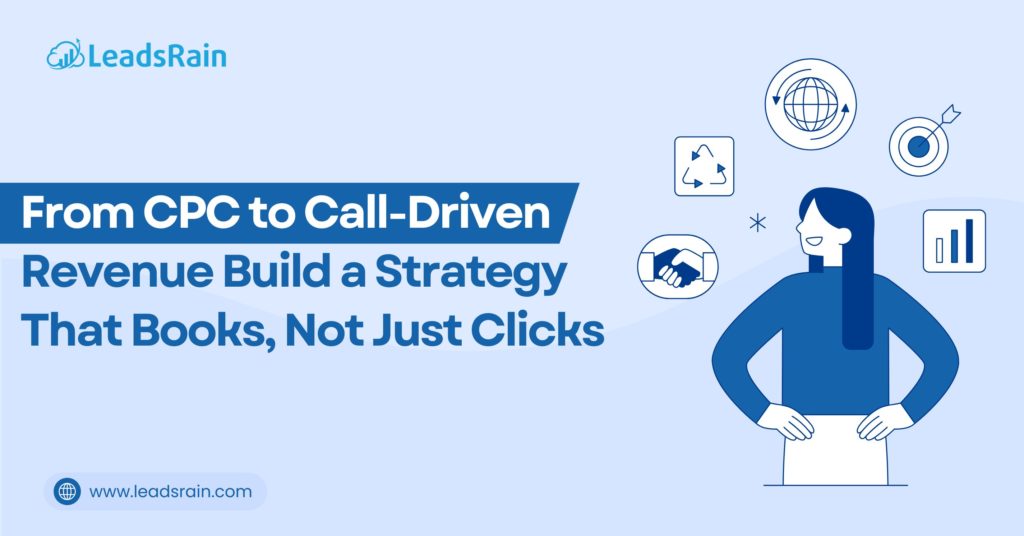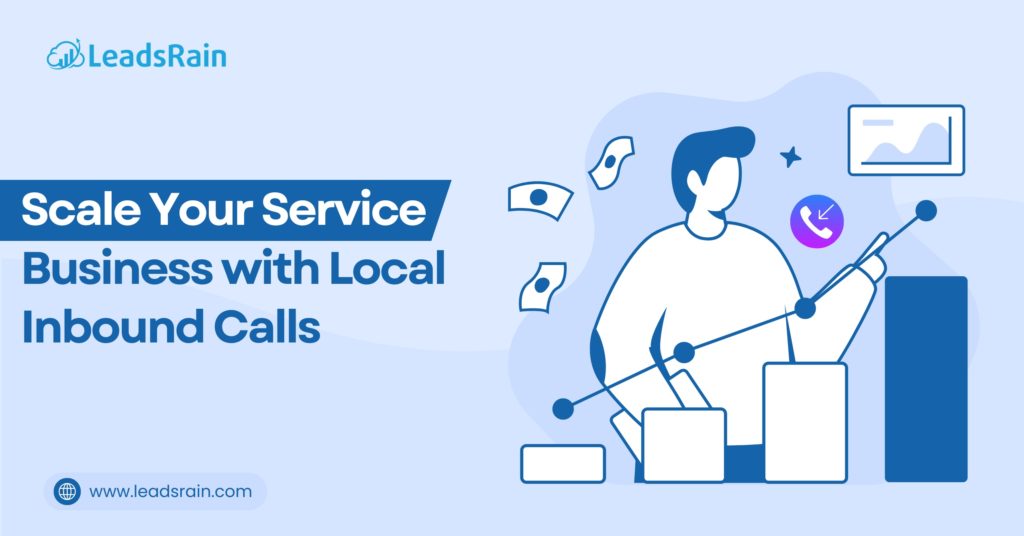Call tracking is an advanced technology that monitors and analyzes inbound phone calls generated from marketing campaigns. Unique tracking numbers are assigned to specific campaigns, channels, or keywords, enabling precise attribution of leads to their source. This precision is critical in pay-per-call (PPC) marketing, where campaign success is determined by measurable call quality and volume.
In pay-per-call marketing, call tracking integrates seamlessly with tools like dynamic number insertion (DNI) to provide detailed attribution data, intelligent call routing for lead optimization, and real-time analytics for performance measurement. These functionalities empower businesses to refine campaigns, enhance lead quality, and achieve superior ROI.
This article examines the technical workings of call tracking, its role in PPC marketing, key applications, and essential features to evaluate in a call tracking solution.
Working Pattern of Call Tracking in Pay-per-call Marketing
Call tracking relies on a combination of unique phone numbers, tracking technology, and advanced analytics to measure and optimize inbound calls. When a customer calls a tracking number, the system records detailed information such as the source of the call, the time, and the duration, providing businesses with valuable data about the effectiveness of their marketing efforts. This process helps marketers understand how well their campaigns are driving high-quality leads and where improvements can be made.
Through advanced call routing and data analysis, businesses can refine their strategies, improving both the efficiency and conversion rate of their pay-per-call campaigns.
1. Dynamic Number Insertion (DNI)
Dynamic Number Insertion is a technology that assigns unique phone numbers to visitors based on the source of their interaction.
For example:
- A Google Ads campaign might display one number.
- A Facebook ad could show another.
- Organic traffic from a website might use a third.
This method ensures that every call is accurately attributed to the specific source, allowing businesses to track performance in real-time.
2. Tracking Numbers
Call tracking providers generate unique phone numbers for each marketing channel or campaign. These numbers redirect to the advertiser’s main line but serve as identifiers. When a customer calls, the system logs:
- The source (e.g., Google, Facebook, email campaign)
- The location of the caller
- The time and duration of the call
- The outcome (e.g., lead conversion)
3. Call Routing
In pay-per-call marketing, efficient call routing ensures leads are connected to the right business or agent. For instance:
- Geographic routing: Calls are directed based on the caller’s location.
- Time-based routing: Calls are forwarded to different agents depending on business hours.
- Skill-based routing: Calls are assigned to agents specializing in specific products or services.
This seamless routing improves the customer experience and increases conversion rates.
4. Call Analytics
Advanced call tracking platforms analyze call data to provide actionable insights, including:
- Caller demographics
- Keywords or campaigns driving the calls
- Call outcomes (e.g., sale, inquiry, or no interest)
These insights help advertisers refine their strategies, optimize ROI, and focus on high-performing channels.
5. Call Recording and Transcription
Many call-tracking systems also offer recording and transcription services. These features enable businesses to:
- Review calls for quality assurance
- Analyze conversations to identify trends or issues
- Train agents to improve their performance
In pay-per-call marketing, this data is crucial for verifying lead quality and ensuring compliance with campaign guidelines.
Choosing the Right Call Tracking Platform
Choosing the right call-tracking platform can make or break your pay-per-call marketing efforts. You need a solution that not only tracks calls but also gives you actionable insights to optimize your campaigns. The best platforms provide detailed analytics, real-time data, and the flexibility to integrate seamlessly with your existing tools.
A well-chosen platform helps you understand your lead sources, improve conversion rates, and ultimately get the most out of your marketing spend.
Here’s what to look for when selecting a call-tracking platform:
- In-Depth Analytics: Go for a platform that gives you clear, detailed insights into how each campaign is performing so you can see what’s working and what’s not.
- Dynamic Number Insertion (DNI): Choose a platform that offers DNI, so you can track the exact source of every call and fine-tune your strategy.
- Real-Time Reporting: Find a solution that provides instant reporting so you can make quick adjustments to improve campaign outcomes.
- Easy Integrations: Make sure the platform integrates smoothly with your CRM, analytics, and other marketing tools for a seamless workflow.
- Scalability: The platform should grow with your business, handling more calls and offering additional features as your needs expand.
- Customizable Call Routing: Look for a platform that lets you route calls intelligently, based on factors like caller location or agent availability, to improve customer experience.
Summing it up
Effective call tracking is crucial for maximizing the potential of pay-per-call marketing. With the right platform, you can gain deeper insights into campaign performance, enhance lead quality, and drive better results.
If you’re ready to optimize your marketing strategies and take full control of your call data, feel free to reach out to us at support@leadsrain.com. We’re here to help you make the best choice for your business.



